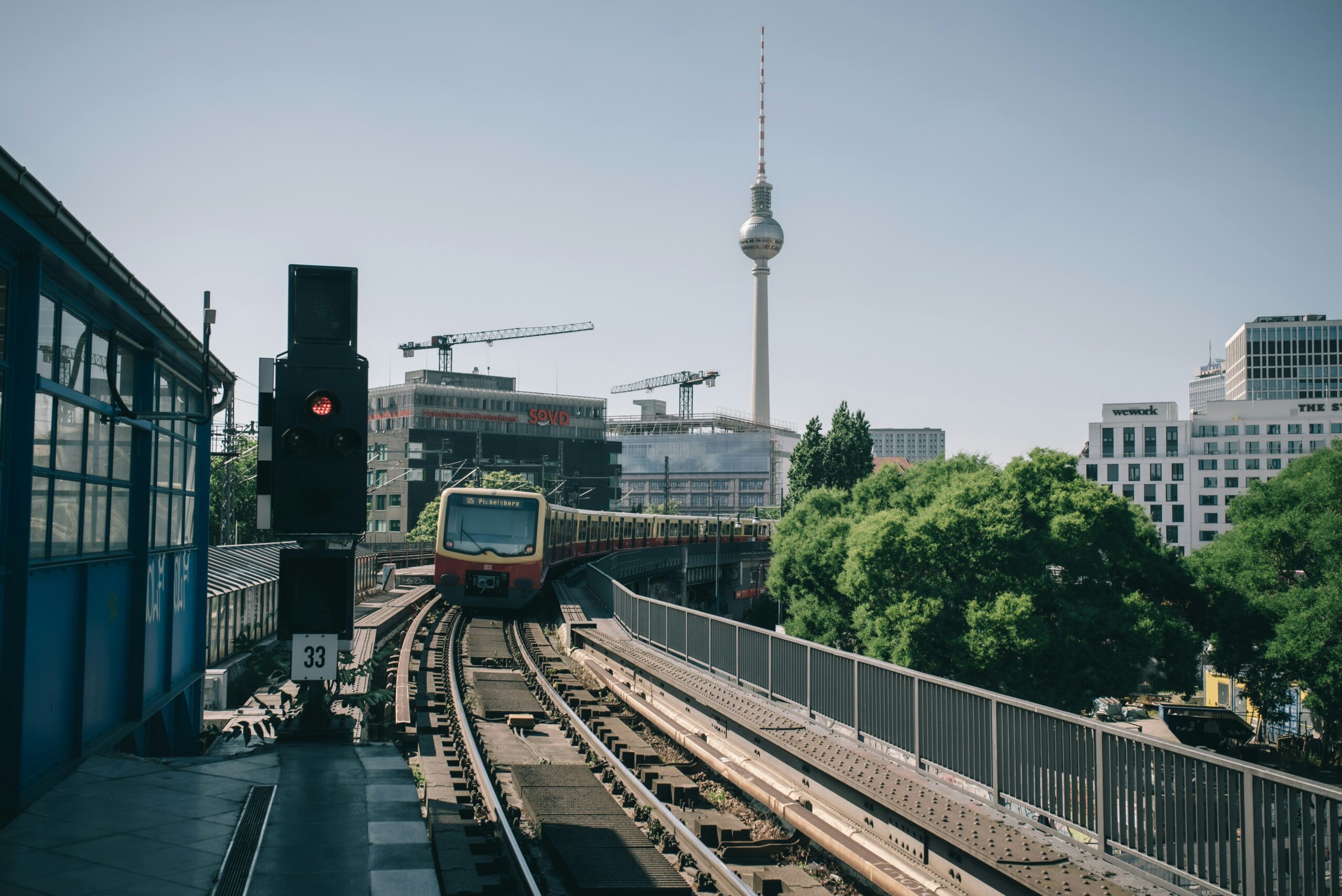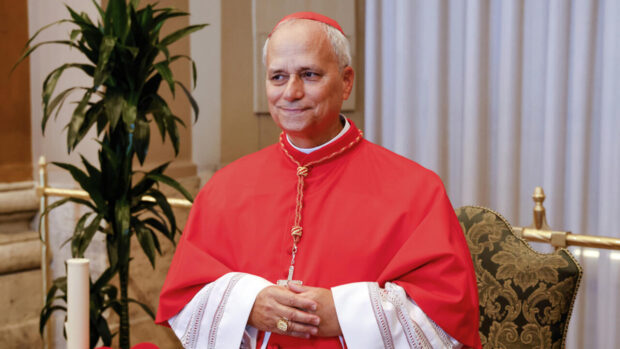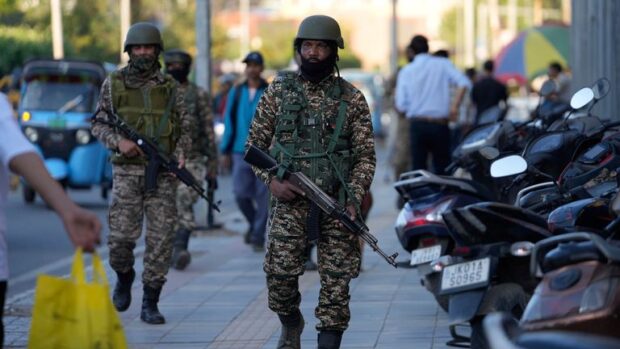
Germany’s ambitious plan to revitalize its aging railway network faces an uncertain future as the country grapples with political instability and a looming budget crisis. Deutsche Bahn (DB), the state-owned railway operator, embarked on a comprehensive reconstruction plan this year, aiming to address chronic delays, improve infrastructure, and enhance the overall passenger experience. However, the recent collapse of the German government coalition has cast a shadow over the project’s funding and timeline.
The reconstruction plan, hailed as the largest modernization effort in decades, involves 40 major construction projects across the country. One of the initial focuses is the busy Riedbahn route between Frankfurt and Mannheim, where upgrades are underway to improve efficiency and punctuality.
However, the political turmoil following the collapse of the government has created a budgetary vacuum, jeopardizing the funding needed to sustain these ambitious projects. Martin Burkert, chairman of the EVG rail workers union, has voiced concerns about the lack of a 2025 national budget, warning that years of planning and progress could be at risk.
The challenges facing DB are evident in the daily experiences of train drivers like Tyler Bosselman, who navigate a network plagued by construction delays and congestion. Bosselman highlights the unpredictable nature of train travel in Germany, particularly during rush hour, where delays and disruptions are commonplace.
While acknowledging improvements in regional train punctuality, Bosselman points to the persistent issue of long-distance train delays, which often take priority on the tracks, further disrupting schedules. He also laments the shrinking rail network, a consequence of years of underfunding and neglect.
The roots of DB’s problems can be traced back to the economic crisis of the late 1990s, when government spending cuts severely impacted investment in railway infrastructure. Despite recent increases in funding, Germany still lags behind other European countries in railway investment per capita.
The Federal Court of Auditors has criticized the government’s handling of railway policy, calling for a restructuring of Deutsche Bahn and highlighting the need for sustained investment to address the backlog of infrastructure issues.
The comprehensive reconstruction plan, with its projected budget of €30-50 billion, was intended to address these concerns. However, the current political impasse threatens to derail the project, delaying crucial upgrades and potentially hindering progress towards a more efficient and reliable railway system.
While experts believe that a new government will likely continue funding the railway overhaul, delays and postponements are inevitable. This uncertainty casts a shadow over the future of Germany’s railways and the ambitious plans to modernize the network.
Despite the challenges, there are glimmers of hope. The completion of the Riedbahn upgrade is expected to proceed on schedule, demonstrating that progress is possible even amidst political uncertainty. And with a renewed focus on the importance of rail infrastructure, there is optimism that Germany can overcome these hurdles and build a railway system that meets the needs of its citizens and economy.

















Be the first to leave a comment